Tuesday April 2nd - Forest 404 Launch (BBC4, Barbican)
I found myself once again invited to a BBC Sounds podcast launch, much to my pleasure, this one was held in the scenic ‘Barbican Conservatory’, and upon arrival we were presented with headphones that provided an accompanying soundscape, whilst we’re told to ponder around the plants.
The headphones were the first sign that this podcast launch was about more than a simple story.
After a walk around the immersive experience that was the soundscapes conservatory: of which by the way, is a stunning collaboration between the beautifully natural and the brutal urban: stunningly aesthetically pleasing. (check out some of my pics).
After the walk, we shared a drink or two and some finger nibbles whilst strangers socially awkwardly small spoke, waiting for the vital glue to this group: the podcast launch.
Upon being ushered to a seating area, the head of BBCSounds launches made an interesting speech in regards to the statistics surrounding listening habits. Such as, since BBC Sounds launched, podcast listening has tripled such as 16.4 million podcast downloads in last October alone- as a podcaster, that’s exciting.
In turn, this has helped creative and more distinctive opportunities in podcasting and radio thrive, and the chances for more experimental platforms have opened, such as a popular weekly podcast ‘NB’ which explores the experience of non-binary people.
The speaker then went into how this is furthermore a new age of innovative audio, and that some of that innovation is presented in the new upcoming ‘Forest 404’ podcast, which breaks boundaries in terms of listening experience.
This is the age of ‘audio converts’ - meaning people are listening less to radio, and more to podcasts. Radio and music has a tendency to be shared on speaker systems, whereas podcasting really is mostly catered to the headphones commuter.
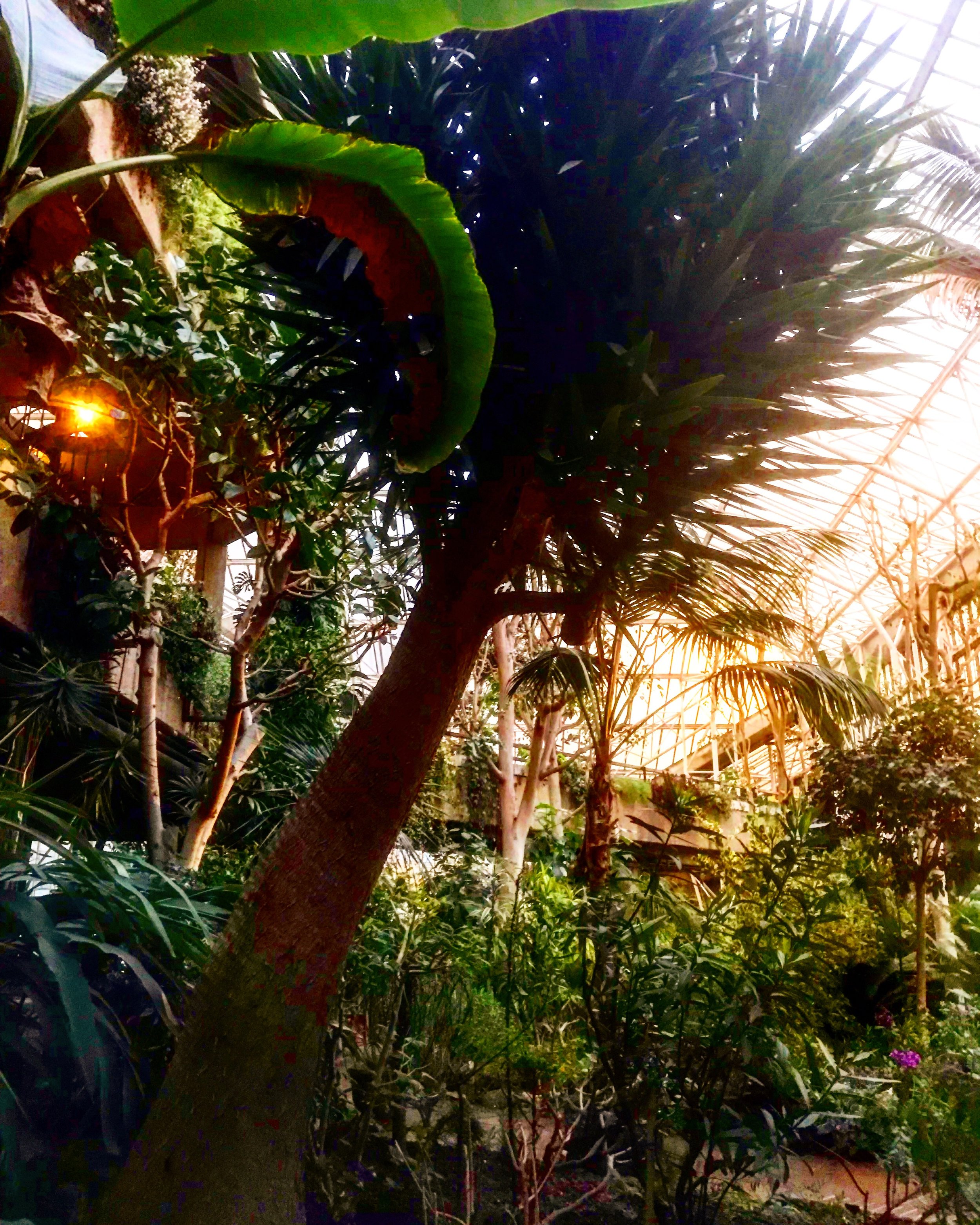
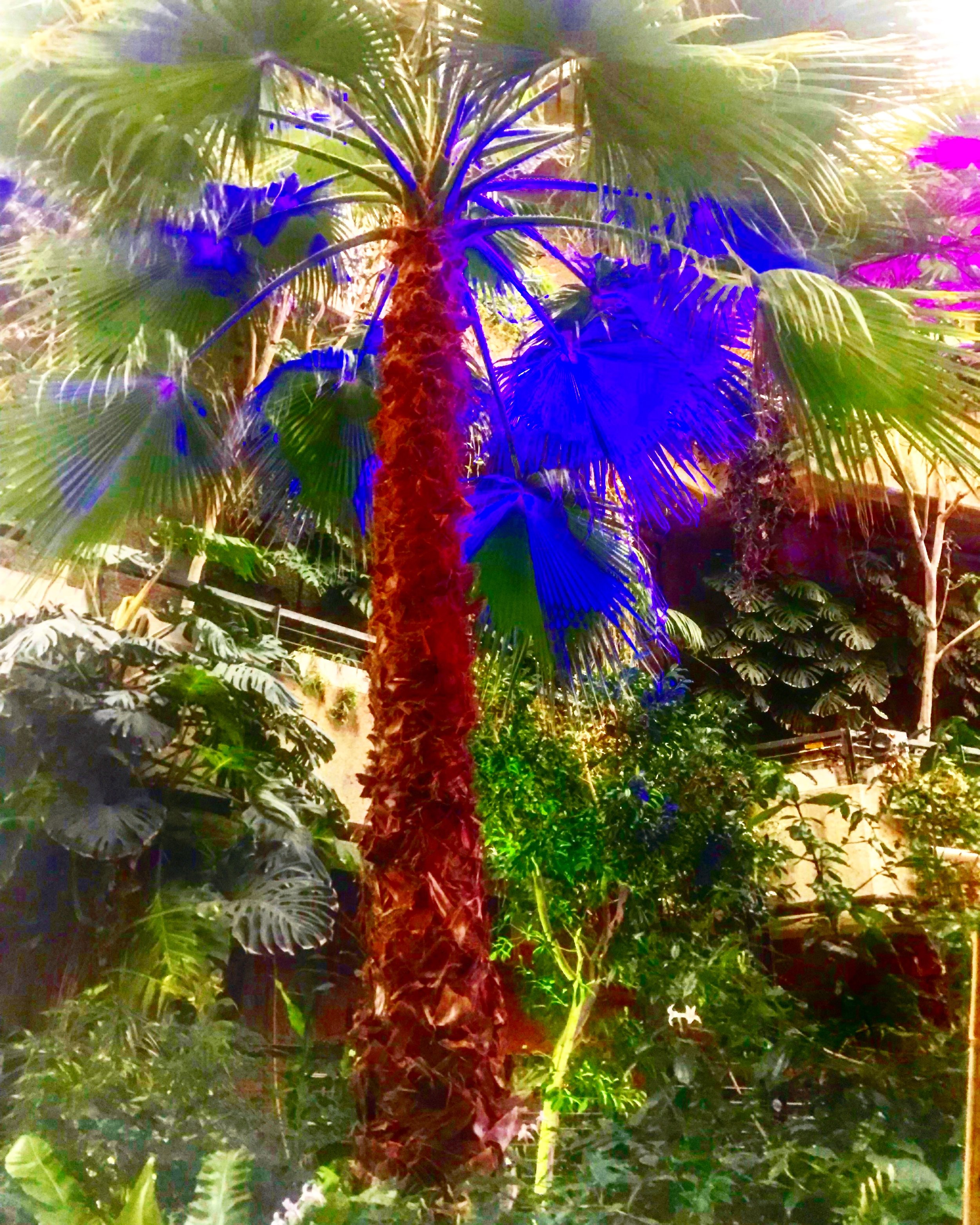
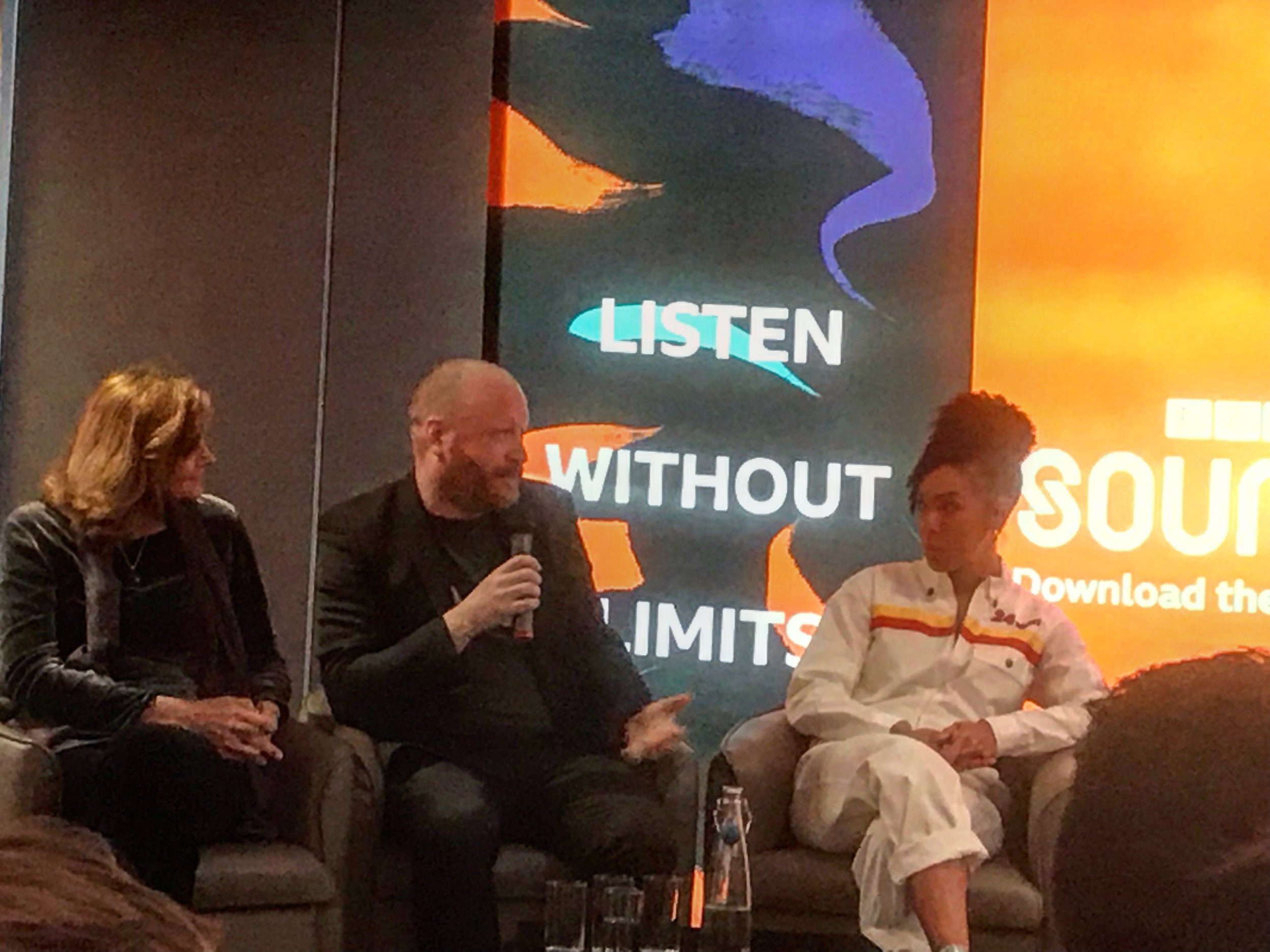
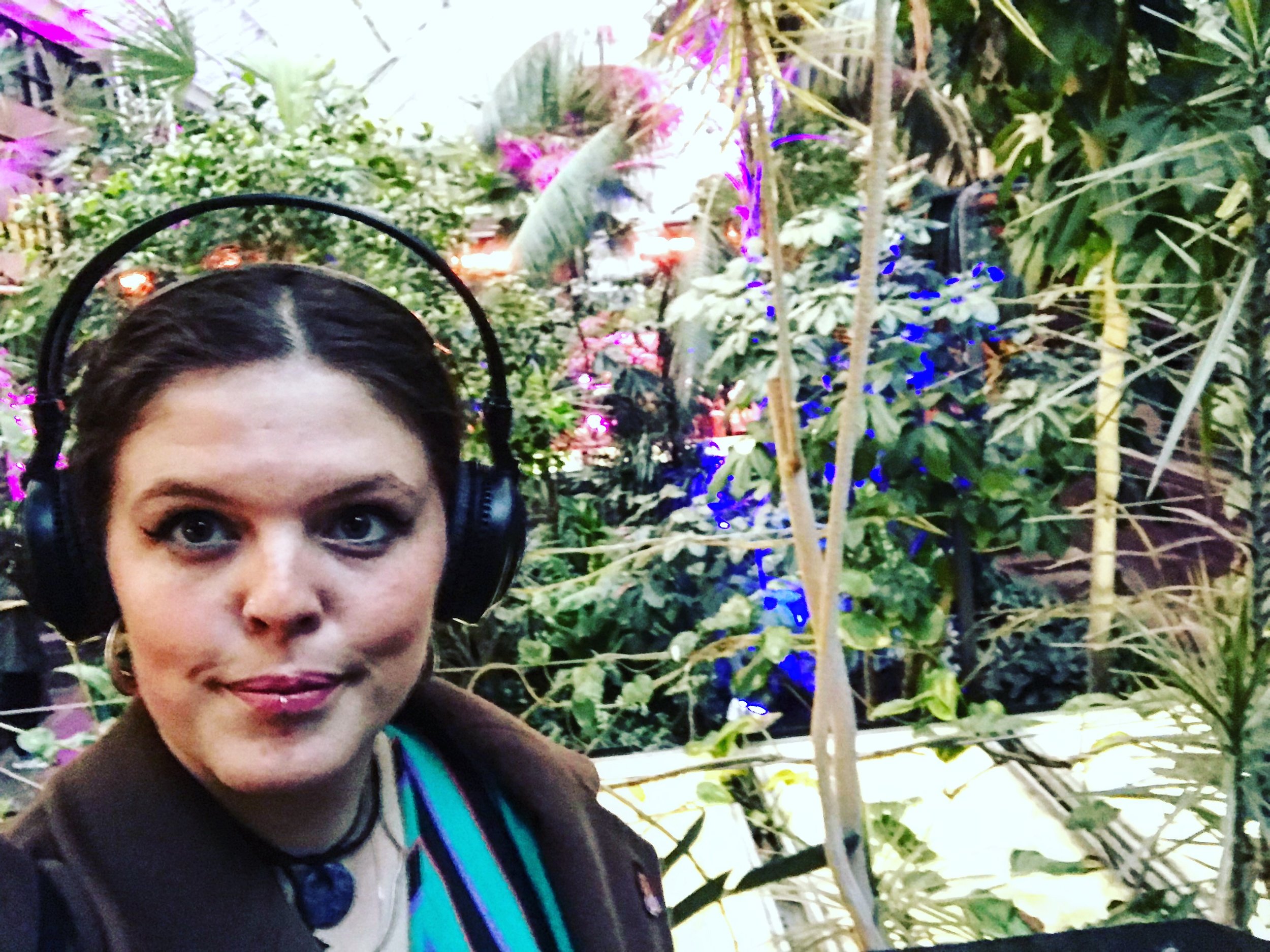
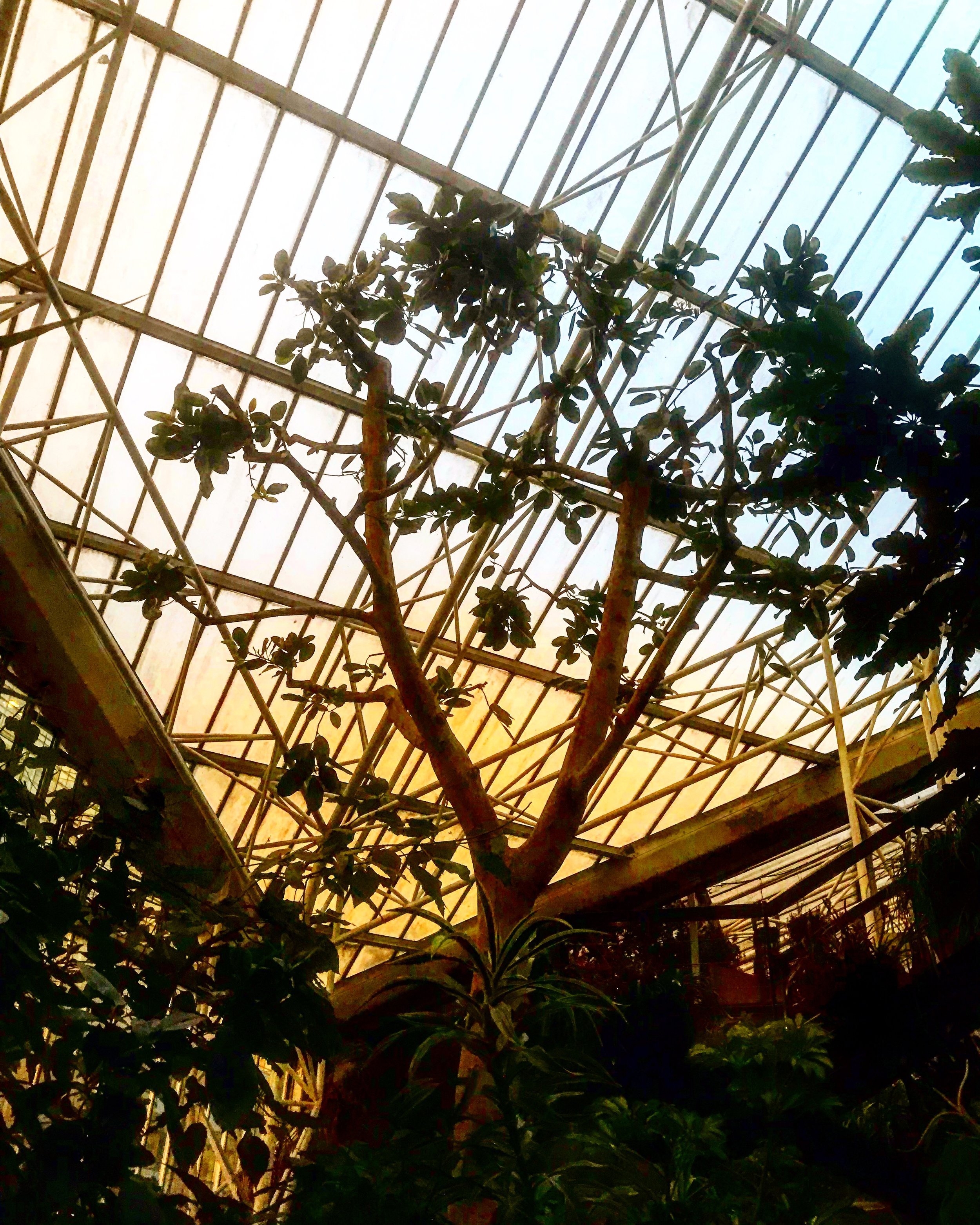
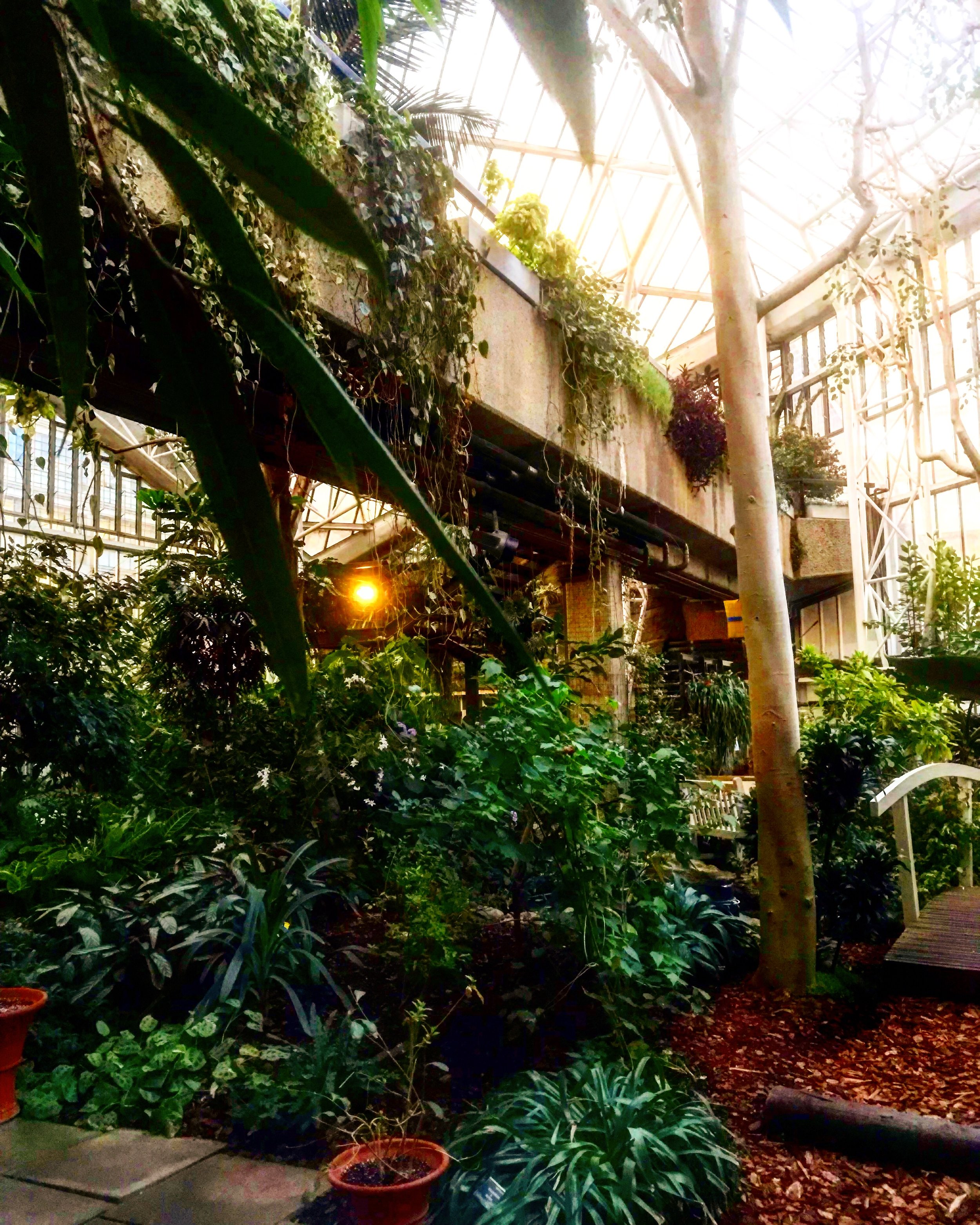
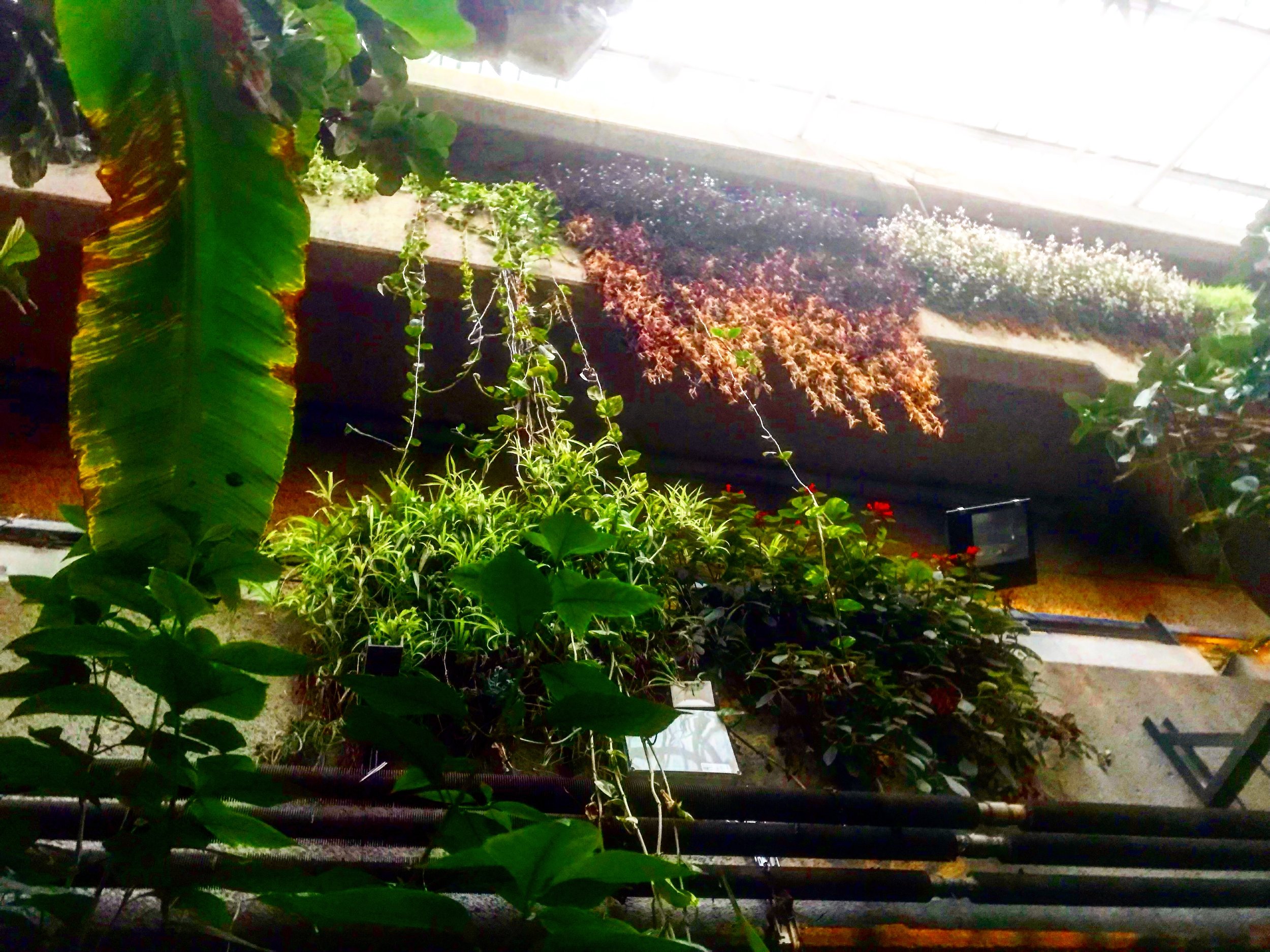
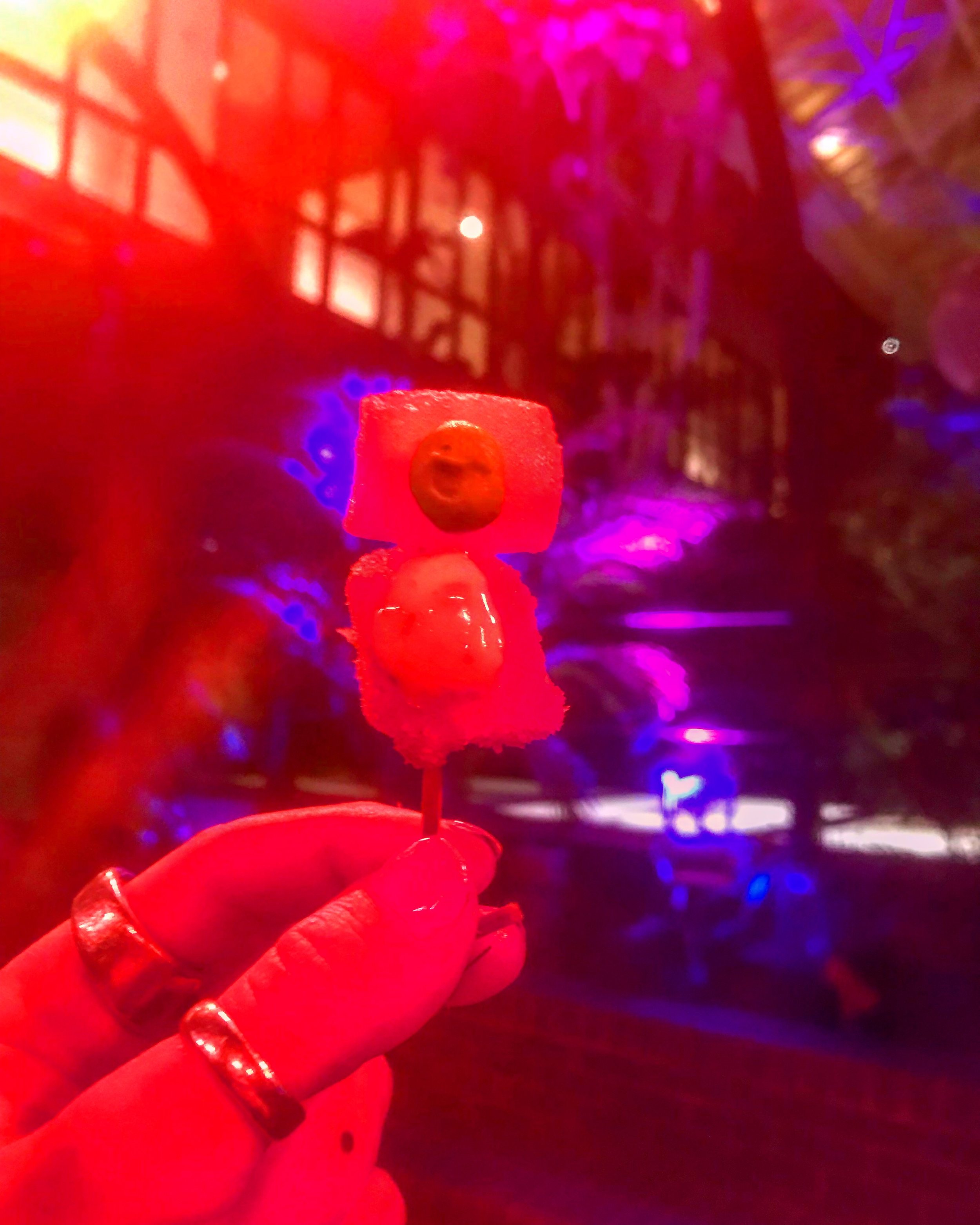
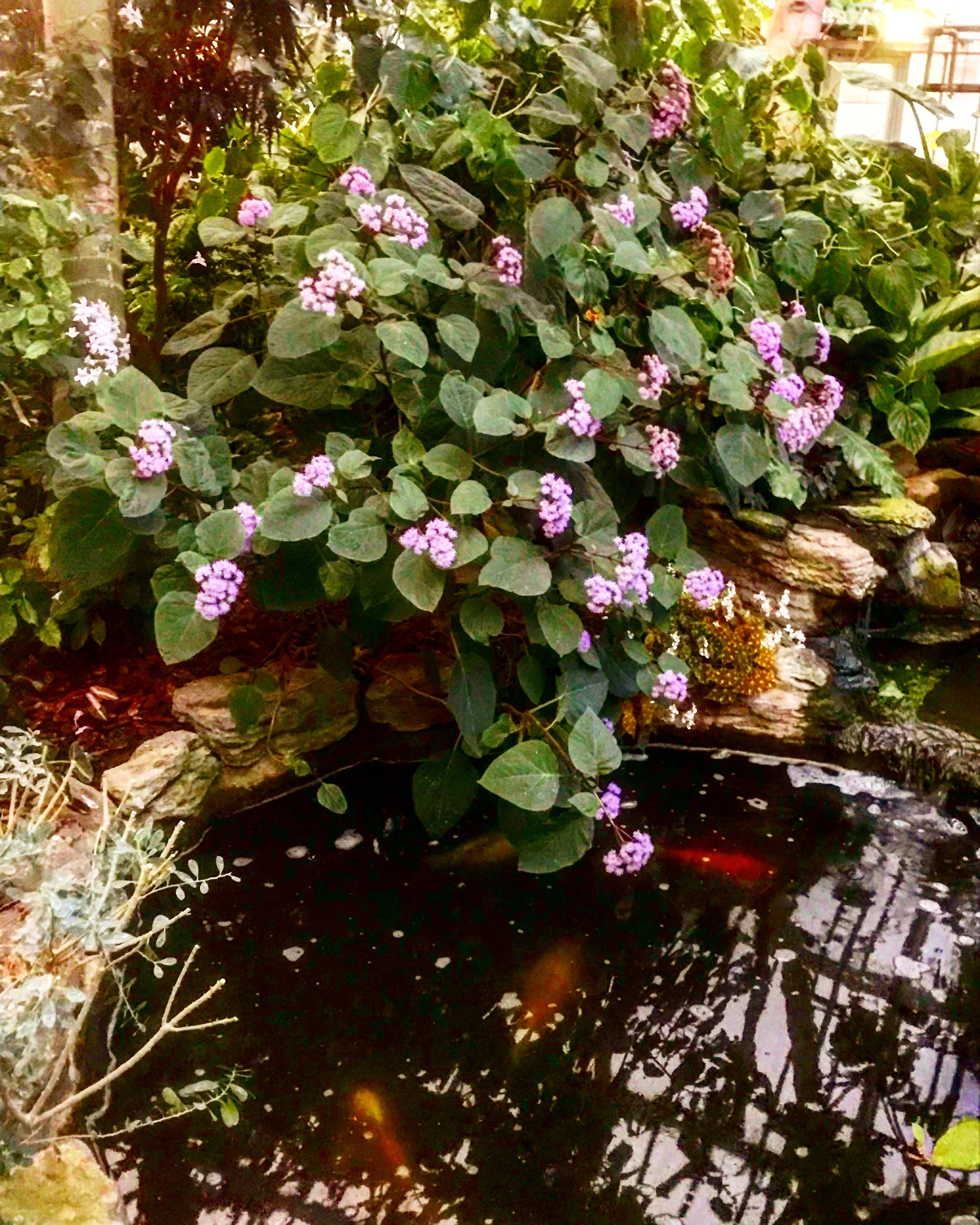
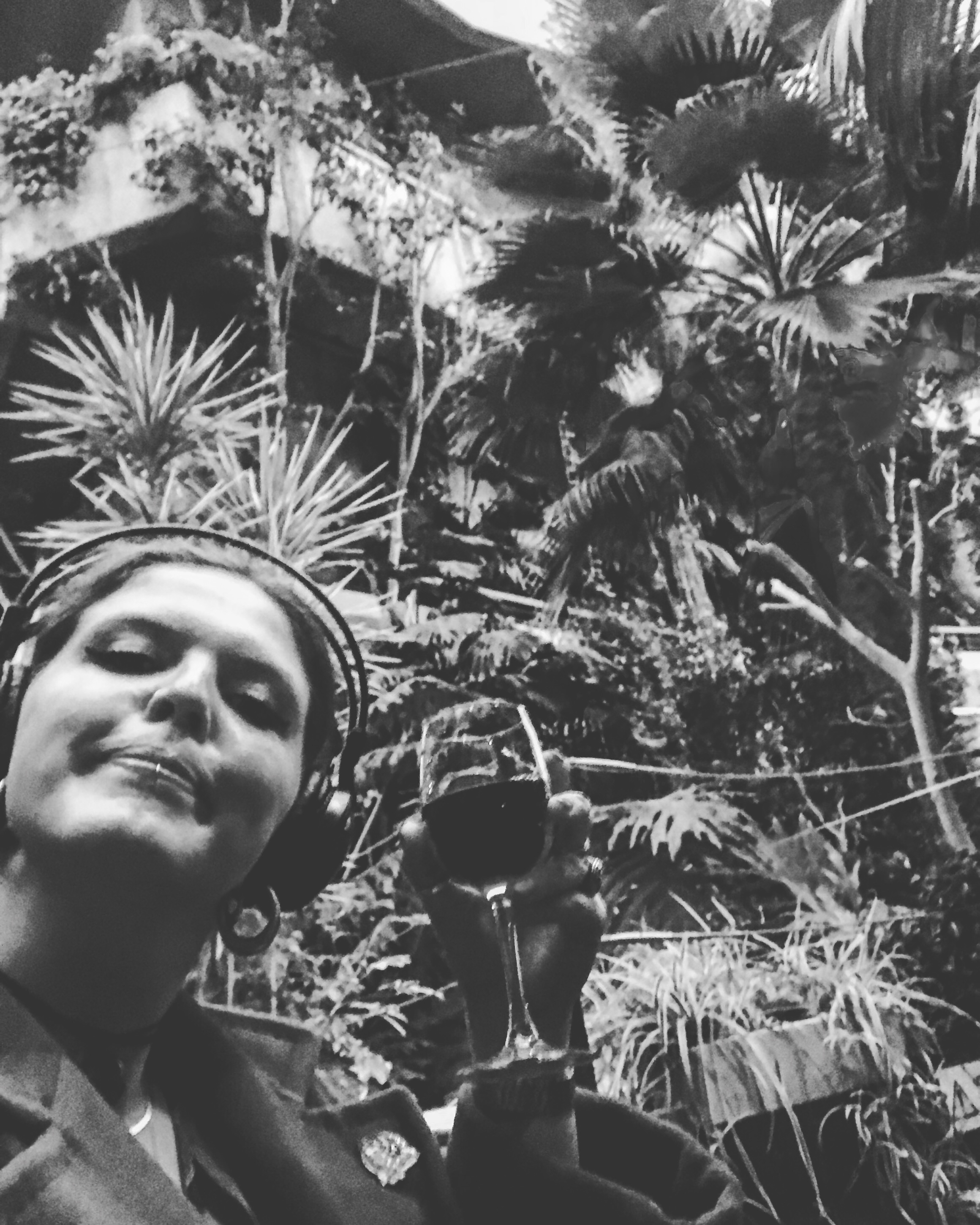
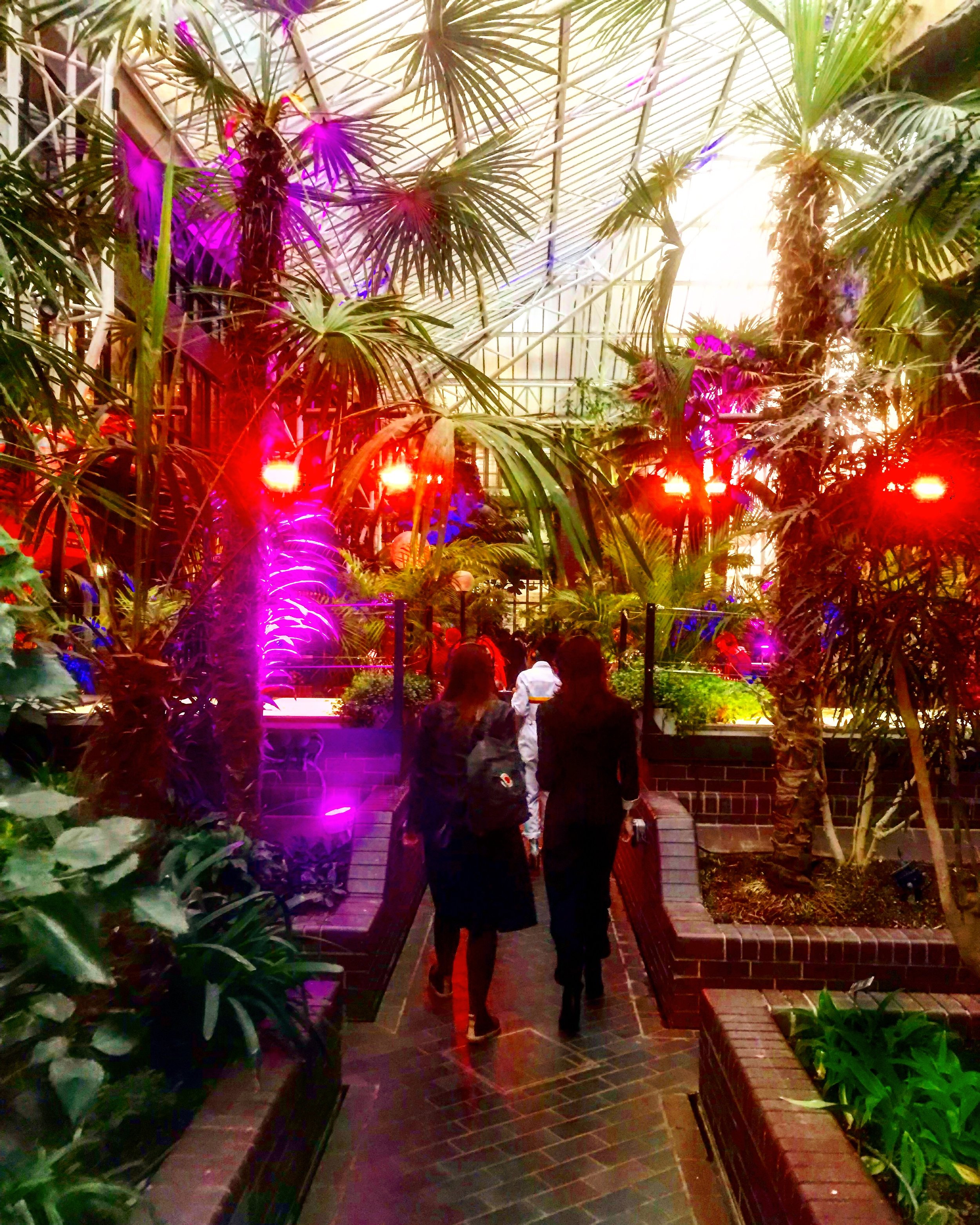
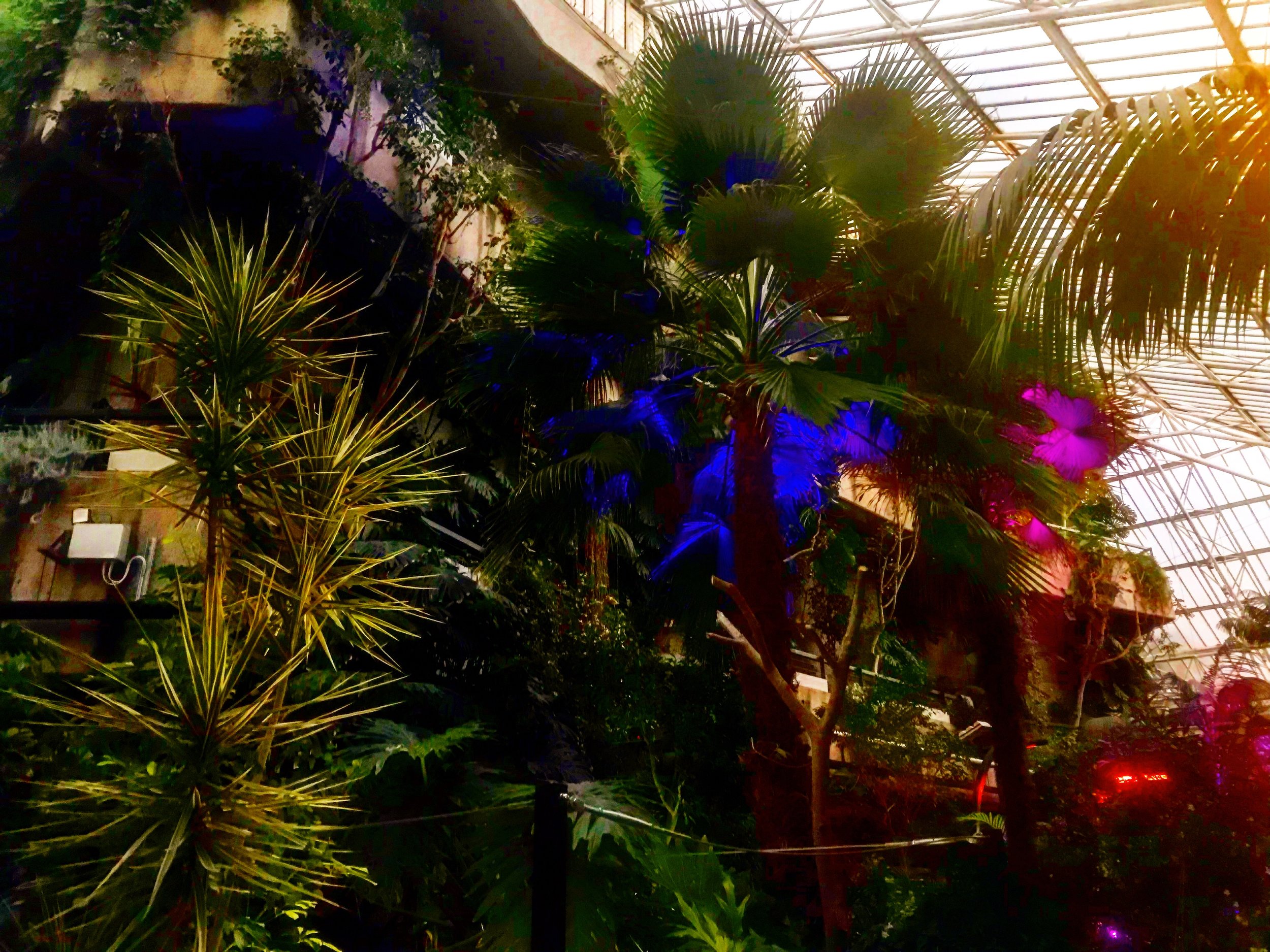
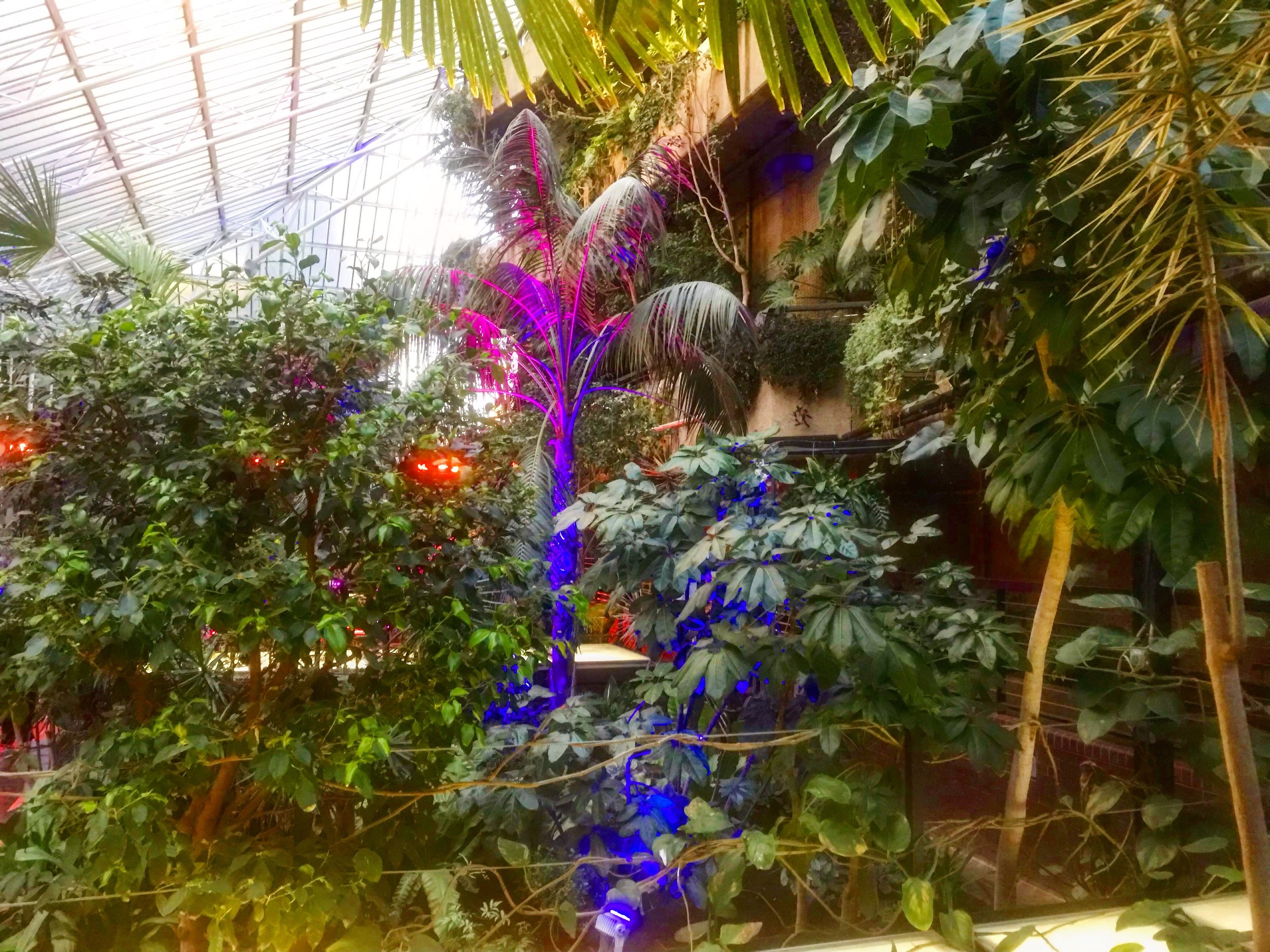
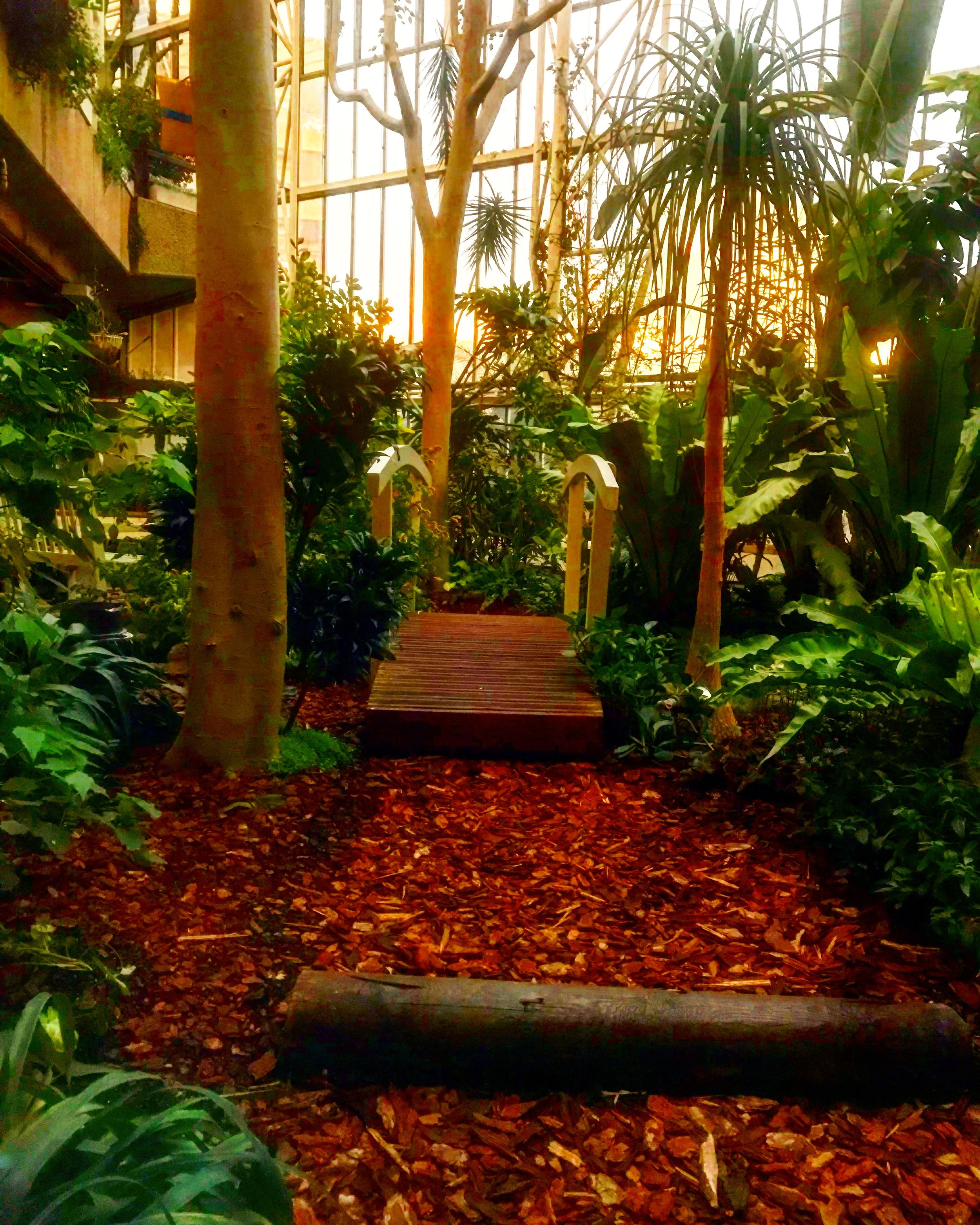
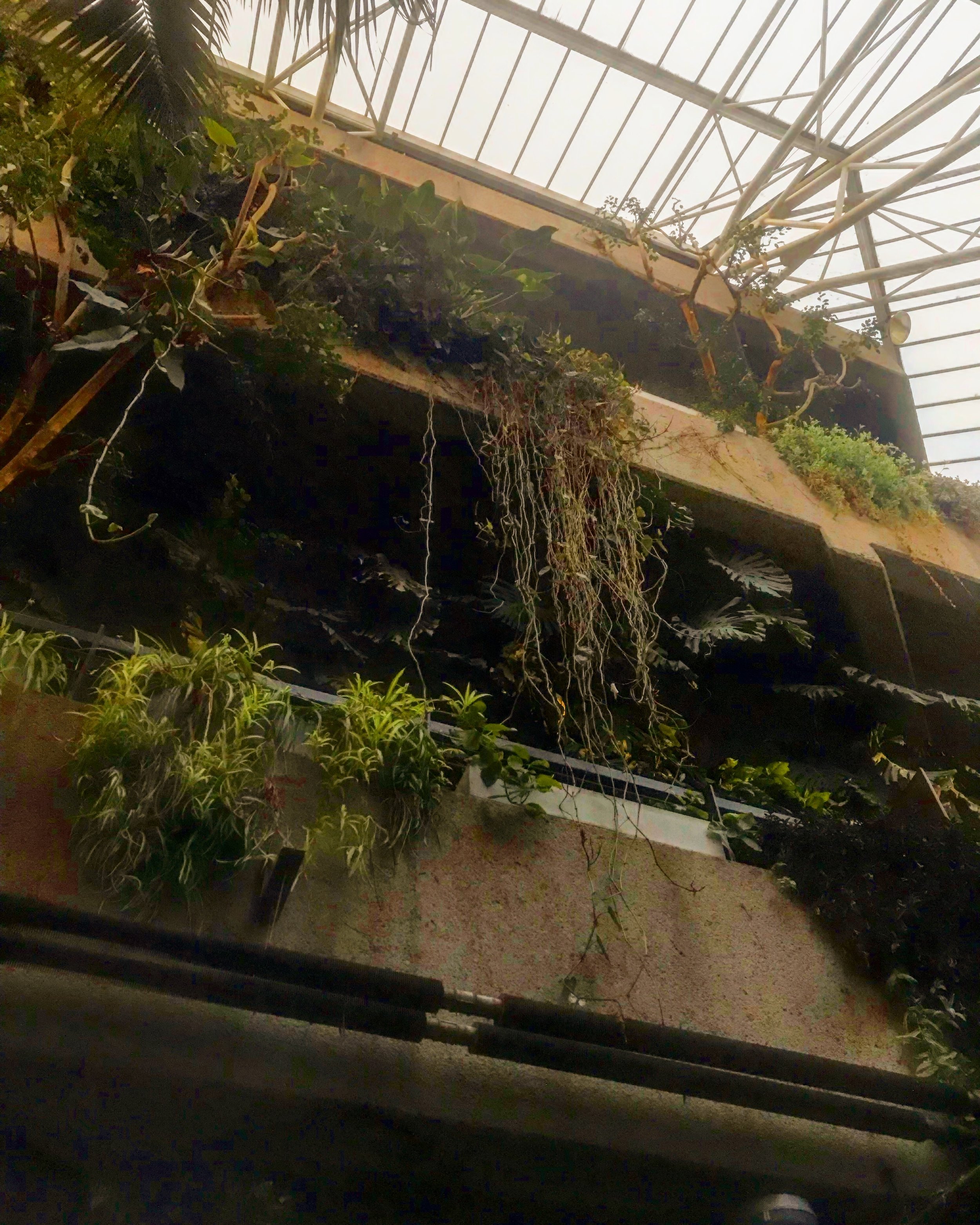
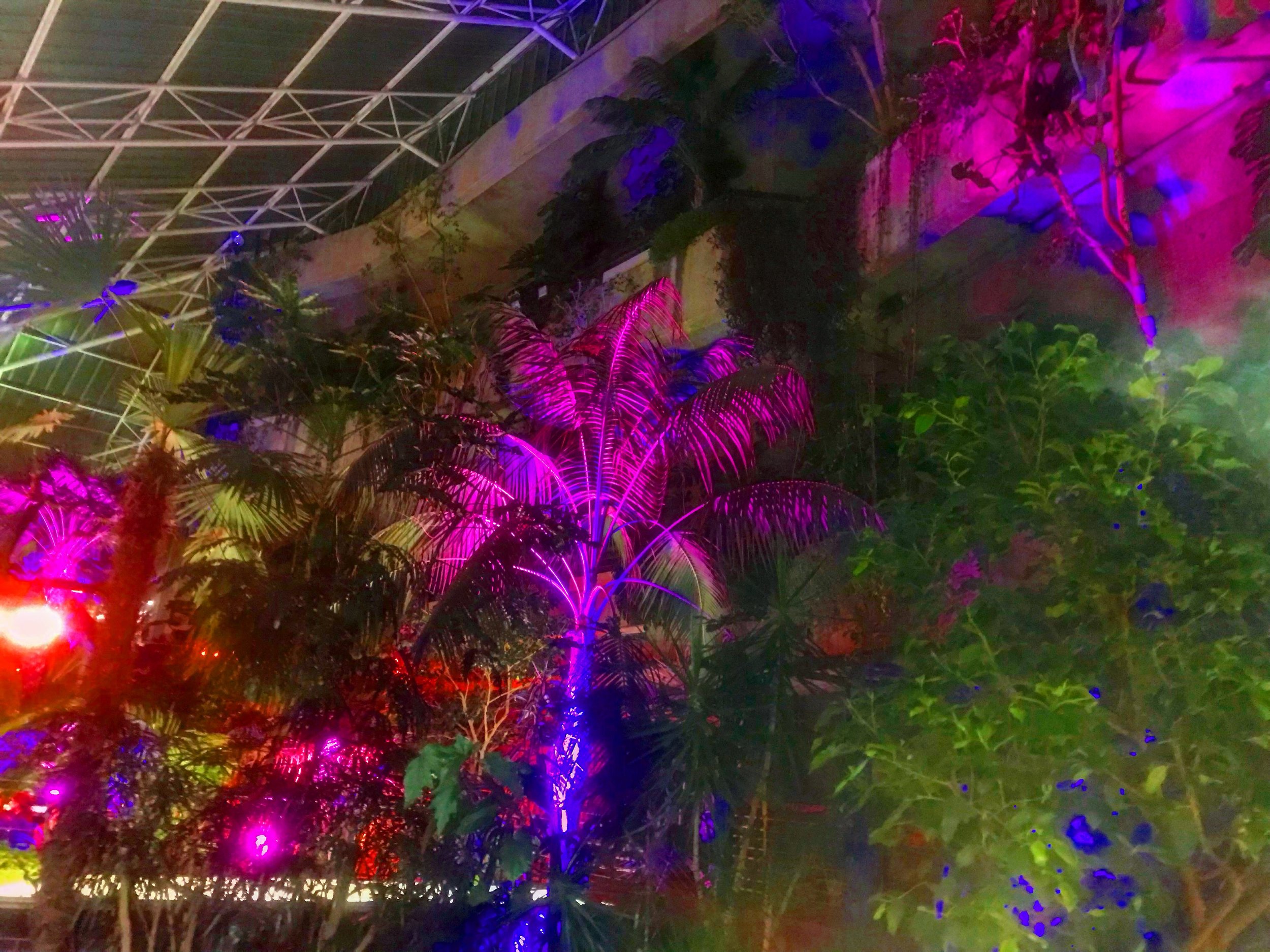
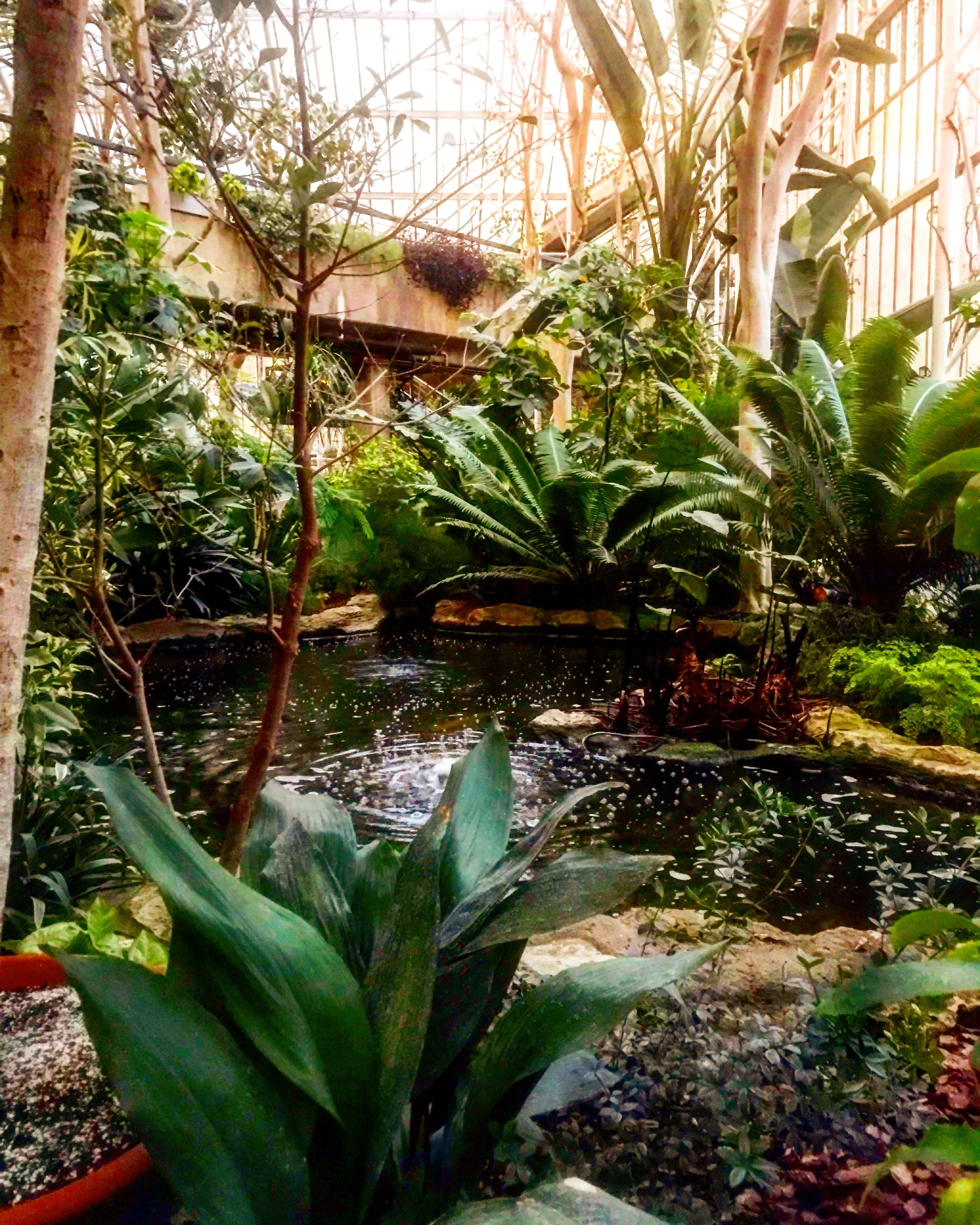
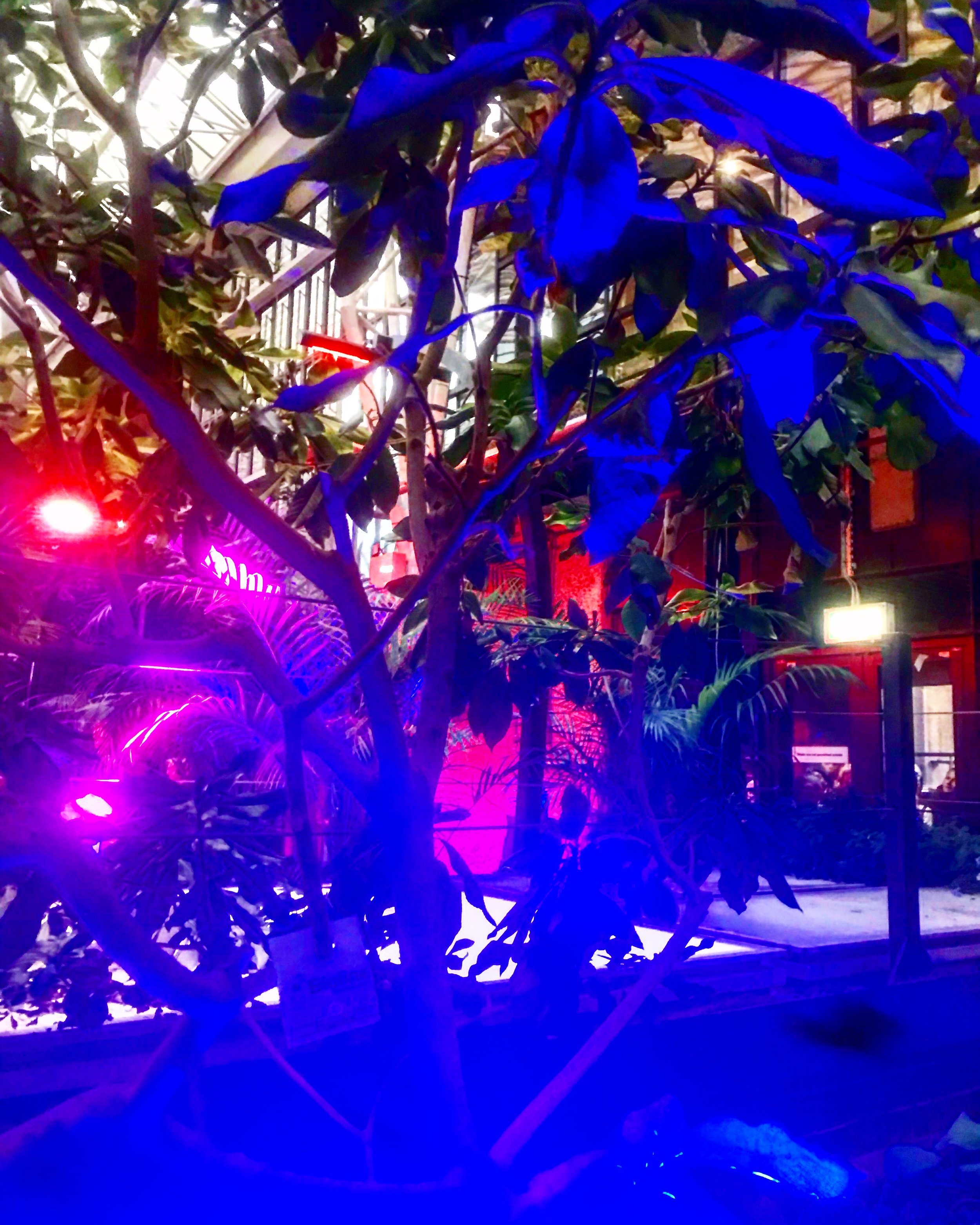
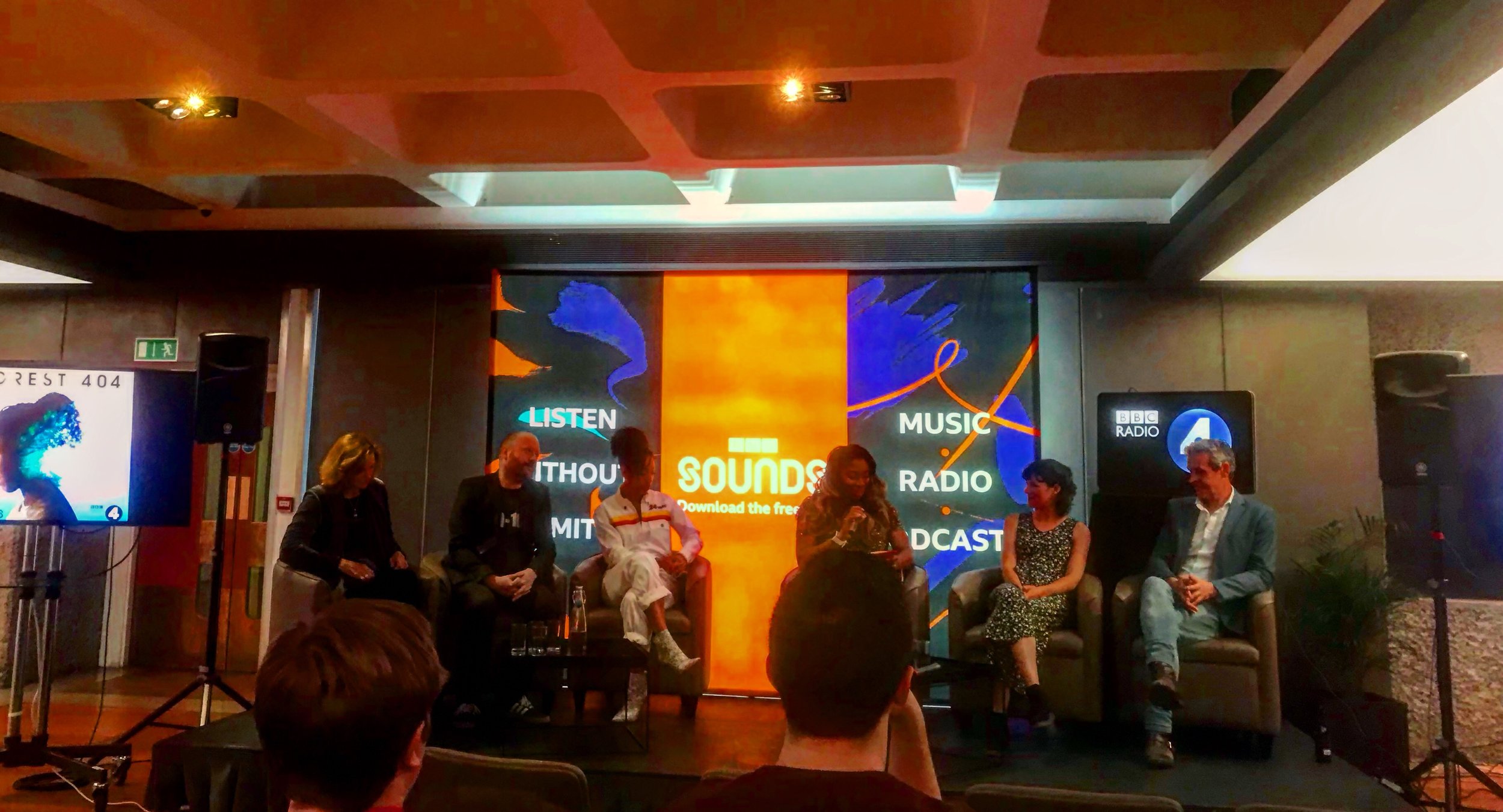
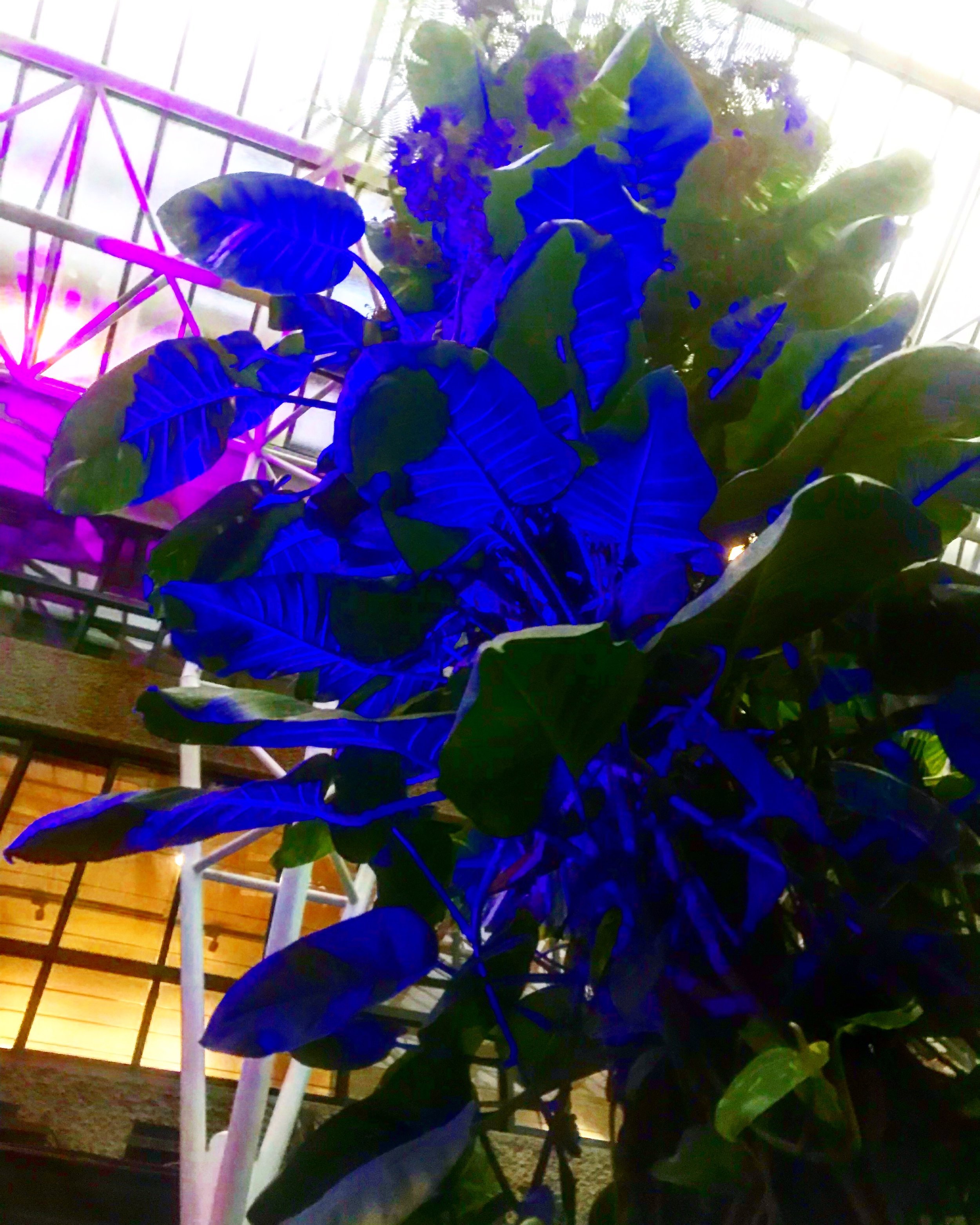
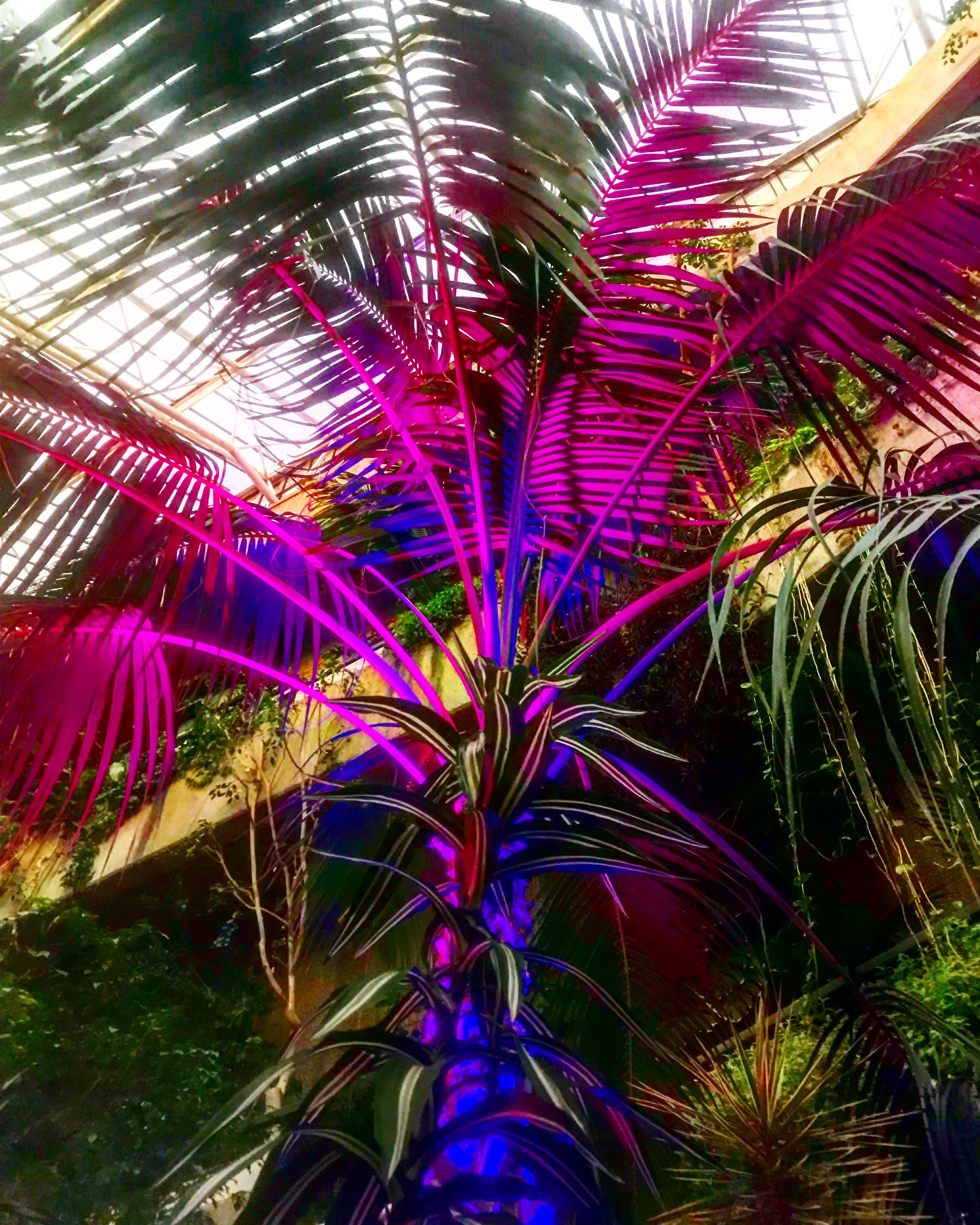
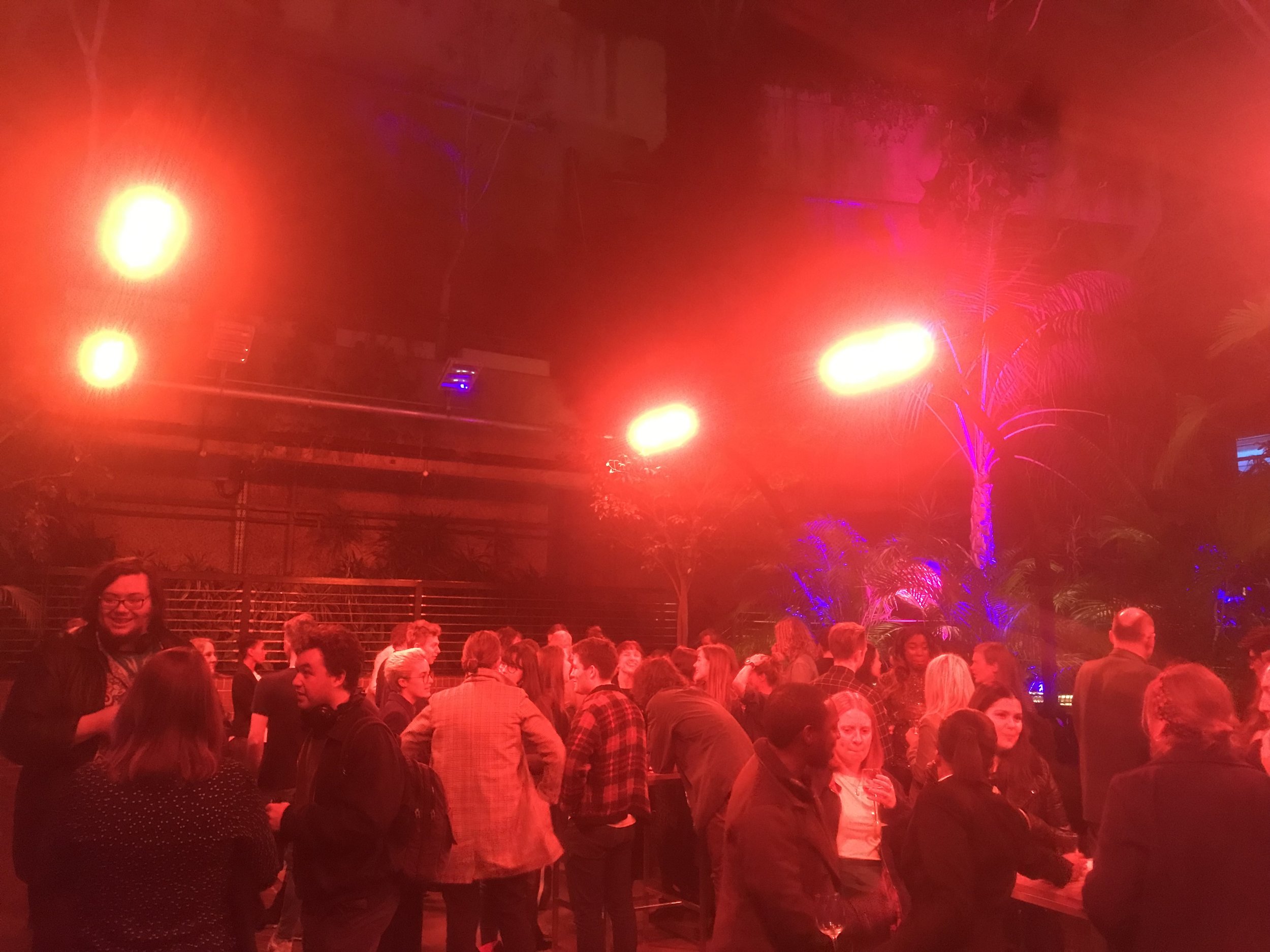
Forest 404
Forest 404 is an environmental thriller podcast series focused on a dystopian parallel world, whereby a ‘cataclysm’ occurred in which our existence as we know it, where anyone can create digital data - has failed to exist. It is this premise that inevitably destroyed our existence. Out of this catastrophe, an archive of our data was left behind to a select guardian whilst others those don’t understand and can’t appropriate or place the sounds from our archive.
The premise is that our protagonist ‘Pam’’s job is to sift through our audio archive, and choose which data to delete in order to make room. She often clears 40 Terabytes a week.
Whilst doing this, Pam stumbles across the sounds of s forest, and a singing bird. Completely alien and unknown, she serves to find out what this sound was.
Described as a plater, the series is unique in many ways
1) Each of the nine episodes of the dramatic podcast are each accompanied by two further podcasts. The first, a talk from an expert touching on subjects such as the physiological effects of natural sounds. The second accompaniment is a podcast soundscape specifically designed and relating to the episode.
2) The sound design swerved from the usual stereo / mono options and instead created a binaural experience. Meaning that instead of shaping the sound to the experience, they shaped the sound as though the microphones were either side of a human head. Sound entering each ear from everywhere. This means that the experience of listening becomes some what 3D, highly immersive and deep in textures. Furthermore upon questioning, it was revealed that very little manipulation to the natural sounds had acured in order to maintain the purity, and save reverb for the more ‘monstrous dystopian’ topics in the show.
3) The show is a subtle nod towards climate change, global warming and the ongoing extinction of our planet.
4) It’s an exploration into the phsyciological side effects of soundscapes, sound effects and the natural sounds of the world, not just in it’s experimental and innovative methods of recording binaurally, but also in it’s accompanying talks from experts on such matters. For example, they matched the natural sonic motives, such as the crackling of leaves - discovered the notes and scales produced by such sounds and composed the pieces around the given scales. Thus creating an incredibly pleasing audio experience, that draws you into it’s layers and depth.
5) The cast is all female!! Wooo for women!! The writer said that as a rule of thumb…
“If there’s no damn good reason for a character to be a man - he’s not. “ Writer - Tim
He also said that he’s living for a time when the question about an all-female cast doesn’t exist, for it is no longer note worthy.
Go Tim, we love you Tim.
—————
The sentiments of this podcasts aims to open the minds of the listener, in the opening 10 minutes they say
“data isn’t free, once it is created it continues to exist somewhere on some level”
and it’s this idea that leads to the post cataclysm world in which
“sentiments are like rust, after you have some, you then have to clear it up or cut it off”.
A clear idea of what a sentiments a world might hold post-apocalypse, post the digital “CRUSH” as they have coined. Furthermore the tech ode to: Forest 404.
404 being the ‘not found’ digital message.
The idea: Pam has no idea what the sound of a singing bird is, how it existed, and she wants to find out more.
That’s all we really found out in regards to the story plot, but the context and ideas behind the listening experience is really groundbreaking and actually thoroughly excited me.
—————
So image you are listening to the 3D soundscapes BBC4 have binaurally created: you’re experiencing sound in a unique way, recorded as though tailored to the human head, with the sounds of nature at the forefront. They want us to engage with what we are hearing in an analytical and critical way, and although the promotion of the podcast doesn’t scream that it is an environmental awareness project, being asked to listen analytically to the intricate and beautiful sounds of the forest and of nature, all while questioning an existence in which we have destroy such natural beauty - is surely an ode to the on going climate war.
“In this new world, there is no question about climate change, it has happened. The question now is how we deal with it”
The writer Tim, said he experienced writing the show with the same part of his brain he uses as though he were composing an orchestral piece, compared to that of a play in which he would consider time, or a film in which he would consider frame.
———————
It questions our balance with digital and with the natural.
It challenges our perceptions of importance - in a dystopian world where people are at odds with themselves.
In a final love letter to the forest Pam says in awe:
“In one single hector of forest, we have 500 species of bird, and 600 species of tree.”
—————
I’m thrilled and excited in many ways to hear this podcast series. Not just in a nerdy sound experimental way, but also in the epic ideas and story lines. A dystopian world in which digitalisation and data have destroyed us, and we no longer remember the sound of a bird.
I wonder if perhaps, in the same way that some people have taken resistance to the ‘Extinction Rebellion’ claiming it’s an exclusive and privileged form of activism unavailable and cut off from some, whether this might evoke a similar response when parents question when their child last ran through a forest of heard a bird song.
However in all, it can only be a good thing. It stems back to my initial blog about why BBC Sounds is important.
For it’s encouragement for boundary breaking ideas, ideologies and truly allowing freedom of expression. It’s telling budding young podcasters and documentary makers to go for it, it’s giving the go ahead to inspired sound manipulators, and most importantly - it’s providing a platform and a space to make these ideas and thoughts heard, not shying away from active politics.
Cudos BBC4 - I can’t wait for Forest 404

